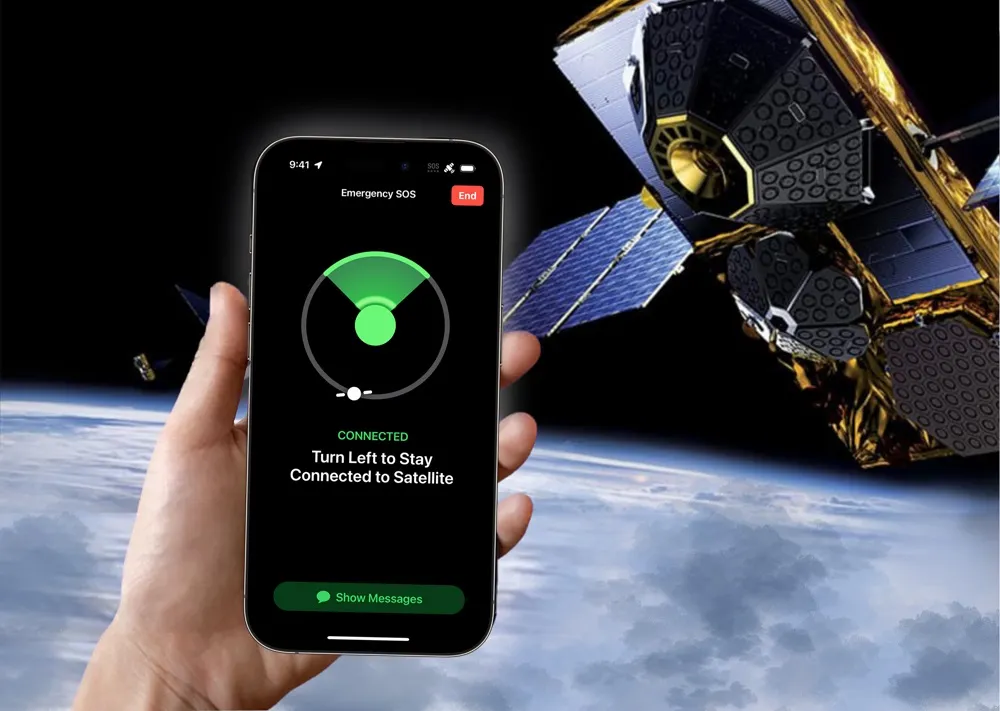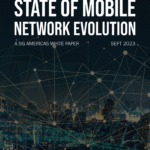
Imagine getting a text or making a call while sailing in the middle of the ocean, hiking deep in the mountains, or standing in a rural spot miles from the nearest cell tower. Sounds like science fiction? Not anymore. Thanks to emerging satellite-to-phone technology, this kind of seamless connectivity is becoming reality.
Companies like AST SpaceMobile and Lynk Global are pioneering a new generation of satellite networks that connect directly to your existing smartphone—no satellite phones, external antennas, or extra gadgets needed. Curious about Starlink’s Direct to Cell service with T-Mobile? Check out our post here.
What Are Satellite-to-Phone Services?
Traditional satellite communications require special (and usually bulky) equipment. Satellite-to-phone tech flips that model—letting regular, unmodified smartphones connect to low Earth orbit (LEO) satellites, which function like floating cell towers in the sky.
This breakthrough has huge implications for:
- Remote communities
- Disaster-struck areas
- Outdoor adventurers (hikers, sailors, campers)
- Regions with little to no telecom infrastructure
AST SpaceMobile: Broadband from Orbit
Texas-based AST SpaceMobile is building the world’s first space-based cellular broadband network designed for smartphones.
- Their BlueWalker 3 satellite, launched in 2022, boasts the largest commercial antenna array in space.
- The network supports voice, text, and 4G/5G data—straight to your phone.
- Backed by AT&T, Vodafone, and Rakuten, AST plans to begin commercial service by 2025.
AST’s goal? Provide high-speed mobile coverage to every square inch of Earth—including places traditional networks can’t reach.
Lynk Global: Space-Powered Text Messaging Already in Action
Virginia-based Lynk Global has already started rolling out its service, focusing on text messaging and emergency alerts.
- In 2020, Lynk became the first to text a standard phone from space.
- They’ve received FCC approval for commercial U.S. operations.
- Currently partnering with carriers in 20+ countries.
Lynk’s service is live in select areas and is especially valuable for emergency communication and disaster response, where speed and simplicity matter most.
A New Era of Always-On Connectivity
This technology isn’t meant to replace your current cell network—it’s here to fill in the dead zones. Whether you’re off the grid, caught in a natural disaster, or just exploring far-flung places, your phone could soon stay connected no matter where you go.
With more satellites launching and partnerships growing, we’re entering a new age of truly global mobile coverage. The message is clear: in the near future, “No Signal” might be history.





